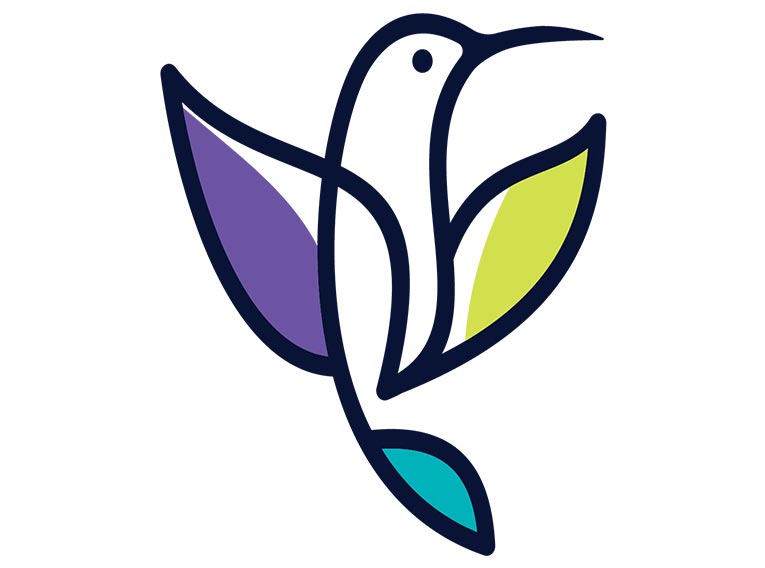November 15, 2022
Media Statement
West Australian diabetes researchers are set to investigate if a new medication helping people with
type 2 diabetes may also reduce health complications linked to type 1 diabetes.
Dr Lakshini Herat has won a $60,000 grant from Perth-based charity Diabetes Research WA to study
the effects of Sotagliflozin in type 1 diabetes.
Dr Herat, from UWA’s School of Biomedical Sciences and the Dobney Hypertension Centre, said
Sotagliflozin was already being used in clinical trials to successfully lower blood glucose levels in
people with type 2 diabetes.
“This medication is one of a relatively new class of so-called ‘wonder drugs’ known as SGLT1/2
inhibitors which are helping to protect the heart and kidneys in type 2 diabetes by suppressing the
proteins in the body known as SGLT1 and SGLT2,” she said.
“Our team has recently discovered, however, that when SGLT2 is blocked, it leads to an increase
of the SGLT1 protein in the kidney, possibly limiting the effectiveness of the SGLT2 only inhibiting
drugs.”
Dr Herat said as Sotagliflozin was known to reduce the expression of both SGLT1 and SGLT2, it
could be a powerful new way to help those with type 1 diabetes, as well as type 2.
“SGLT2 inhibitors are so far not being used in type 1 diabetes due to concerns over the risk of diabetic
ketoacidosis, so more needs to be known about how Sotagliflozin works in the body before it can be
prescribed,” she explained.
“This research hopes to reveal more insight into the mechanisms of Sotagliflozin and investigate if it
may provide superior protection to the heart and kidneys for those with both types of diabetes.”
Diabetes Research WA executive director Sherl Westlund said she was grateful to the organisation’s
generous donors for supporting homegrown research projects with global potential.
“As diabetes is a leading cause of end-stage kidney and cardiovascular disease, this work holds
enormous promise to reduce the negative health complications of this chronic, increasingly common
condition,” she said.
“We are thrilled Dr Herat and team are able to advance this important research thanks to our many
passionate supporters.”
Contact: Natalie Caudle, natalie@capturemedia.com.au, 0407 984 435

